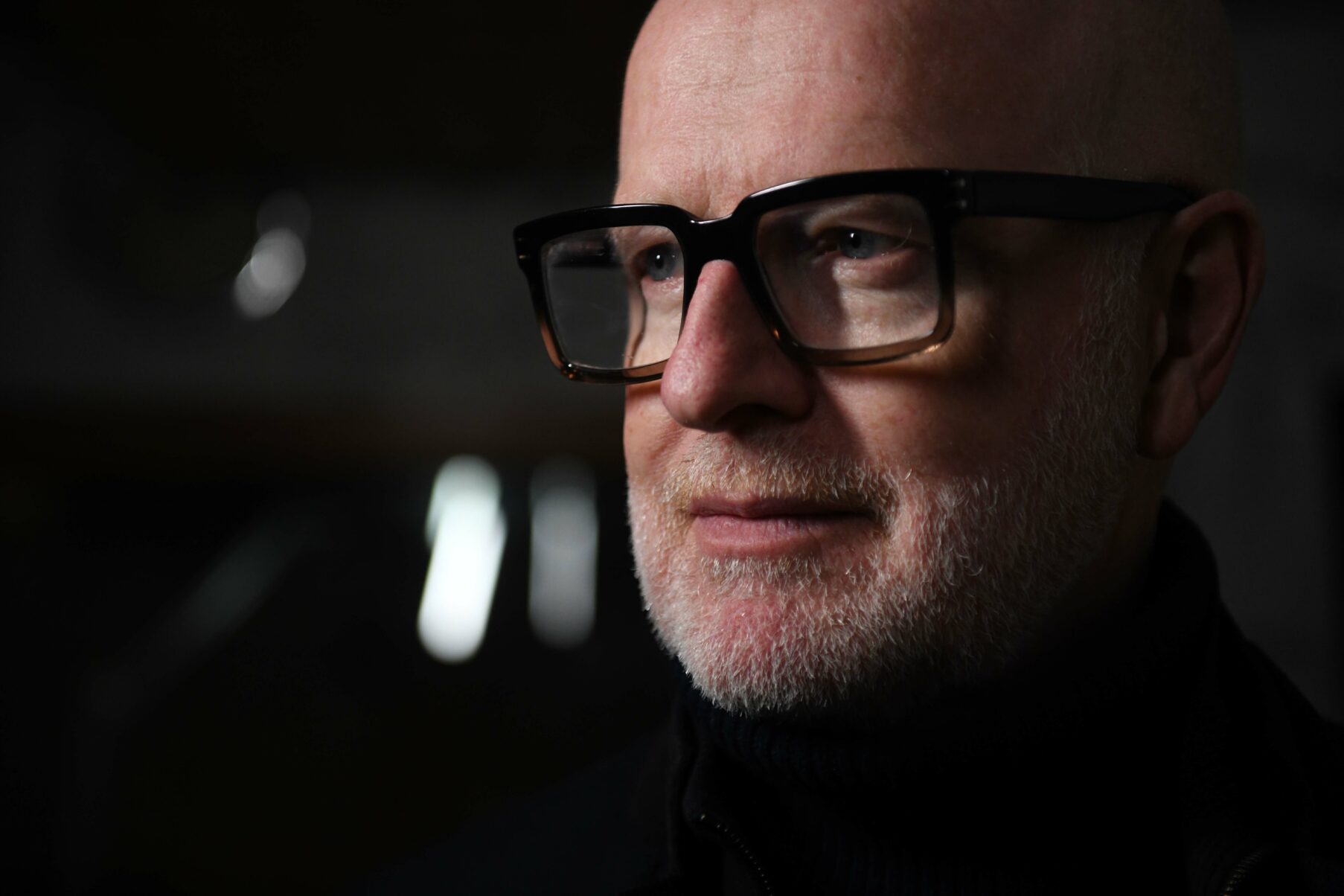Towards the end of our interview, Gar Holohan, mentions that he was diagnosed with ADHD six months ago. He says it casually and with a small chuckle at the thought of all the conversations he’s had over the years where the other person probably just thought he was bored. In a woollen turtleneck and chunky rectangular glasses, Holohan looks every inch the successful architect that he is, and his comfort in talking about his own diagnosis reflects the bigger picture of what he is trying to achieve. Holohan owns and runs Aura Holohan Group, which has a long history of…
Cancel at any time. Are you already a member? Log in here.
Want to read the full story?
Unlock this article – and everything else on The Currency – with an annual membership and receive a free Samsonite Upscape suitcase, retailing at €235, delivered to your door.

